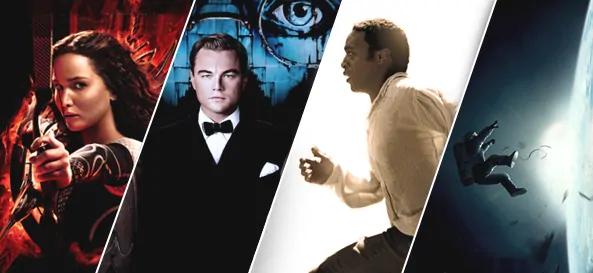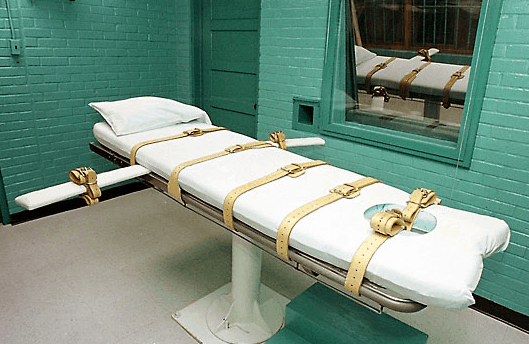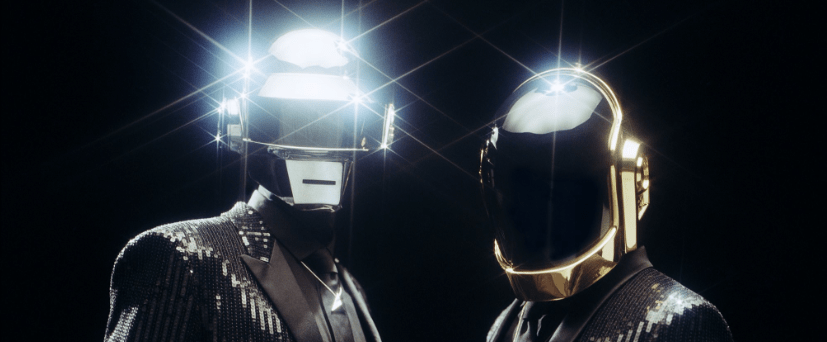
From a fundamental shift in how filmmakers get funding and the end of the age of the anti-hero, to Hollywood taking on tough topics like greed, racial injustice and political violence, the year in film demonstrated the shifting values of audiences and culture.
The Death of the Anti-Hero
On TV, as audiences watched the slow demise and eventual death of anti-hero Walt White, The Walking Dead’s morally virtuous Rick Grimes became one of cable’s most popular characters. At the box office, the anti-hero had also seen better days. Last year, theaters were dominated by dark, morally complex anti-heroes like Batman, Skyfall’s James Bond, conflicted vampires and even a reluctant, cowardly Hobbit. But in 2013, Hollywood returned to the traditional, uncompromising good guys that audiences still love. The Man of Steel‘s brave Superman, the Hunger Games’ noble Katniss, World War Z’s family-dedicated protagonist and Gravity’s self-sacrificing hero proved that even though bad guys can be fun to watch, at the end of the day, we still want to root for the good guys.
Greed on Trial
The country may just now be coming out of a national recession, but in 2013, Hollywood had its target set on exploring the social tolls of economic inequality. The sci-fi action epic Elysium has been noted for taking the idea of the elite 1 percent to the extreme, imagining a futuristic world where a ruling class denied basic resources to the suffering masses. Two book-to-movie adaptations (both starring Leonardo Dicaprio), The Wolf of Wall Street and The Great Gatsby examined how greed and excess can corrupt the souls of those who become obsessed by it. And then there’s the forth-coming American Hustle and the ripped from the headlines Pain and Gain, both of which have garnered attention for their sketchy protagonists who will do anything to achieve the American dream of wealth and riches—even if that means taking it from someone else.
Hollywood Reexamines Race in America
As stories about the shooting of Trayvon Martin, racially charged comments by Paula Deen and the lack of diversity on TV were fixtures in the headlines, in 2013, Hollywood explored the history of race in America. In the “fiction inspired by a real story” The Butler, Precious director Lee Daniels examined the socially complex decades of American culture, from the civil rights era through the election of Barack Obama, all from the perspective of an African-American butler serving at The White House. The Jackie Robinson biopic 42 looked at the life of Major League Baseball’s first black player and the adversity he faced as an African-American in the ‘50s. And in the recent 12 Years a Slave, director Steve McQueen and an all-star cast have received critical praise for creating an unflinching and jarring picture of slavery, while looking at the deep roots of racial injustice in American history. RELEVANT spoke with the director and cast of 12 Years a Slave , for our own examination of the changing face of racial relations in America and the Church.
DIY Empowerment
For decades, filmmakers had to essentially follow the same process in an effort to get their films made: Pitch an idea to studios, executives and investors, and hope funding comes through. But in 2013, artists’ desire for creative independence and audiences’ eagerness for access to filmmakers gave way to the Kickstarter revolution in Hollywood. Big name directors like Spike Lee, Kristen Bell and Zach Braff, as well as countless independent artists used crowdfunding sites like Kickstarter to bring their ideas to life, without having to rely on the commercial Hollywood system.
Documentaries Investigate Political Violence
Out of the 15 documentaries on the shortlist to be nominated for a Best Documentary Oscar, six of them deal with political violence and persecution. Aside from The Act of Killing, which looks at mass death squad executions in Indonesia in the 1960s, the rest of the films examine modern conflicts, often uncovering the victimization of innocent people under some form of political persecution. Dirty Wars investigates the killing of several civilians in America’s war in Afghanistan; The Square offers an up-close look at the Iranian revolution; P***y Riot: A Punk Prayer, follows the arrests and court cases of the Russian protest band; in the controversial God Loves Uganda, lawmakers push anti-homosexuality legislation with a death penalty imposed for those who violate it; and Which Way Is the Front Line from Here? recounts the story of war photographer Tim Hetherington, who spent his life covering war zones. The trend shows that though it is rare when political violence hits close to home geographically, the conflicts are never that far way.






















